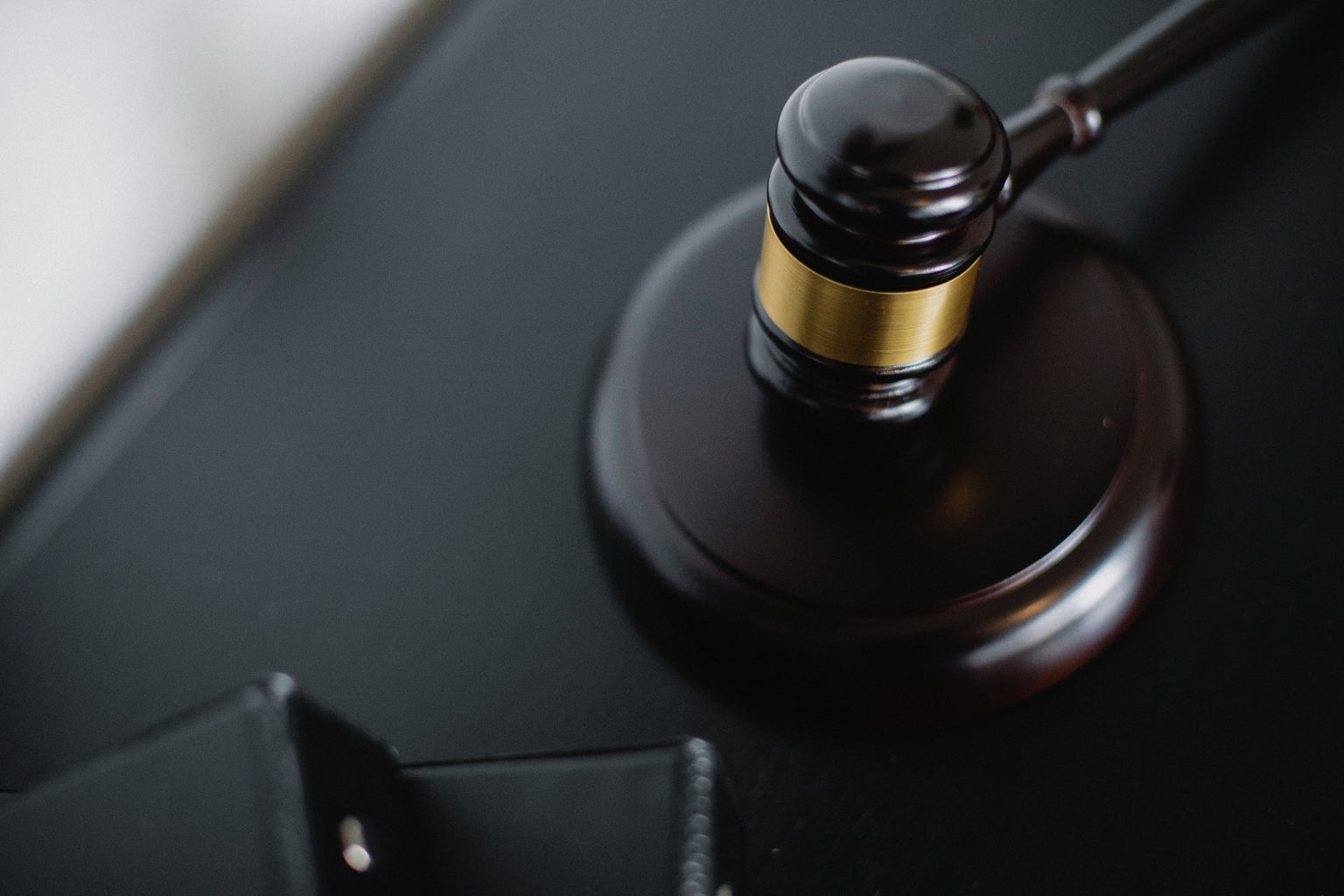One word to describe conservatorships: “Toxic”
After the release of the Hulu documentary “Framing Britney Spears”, attention was brought to the long-ignored conservatorship that had been placed on Britney Spears by her father after she suffered a mental breakdown in 2007. People took to the streets chanting “free Britney” in an attempt to use public pressure to force the courts into giving Britney a chance to share her experience living in what was essentially her own personal hell. Having no control over her finances, estate, or even her own medical procedures was unthinkable to many, which is why there was a great response from the public in favor of Spears. However, before Britney, there was a long line of people subject to cruel and unfair conservatorships that have been diligently swept under the rug by the American legal system and government.
Conservatorships started as far back as the 1800s. Doctors would use them as a way to perform ovariectomies (the removal of one’s ovaries) on disabled adults against their will, in order to prevent their disabilities from being passed on to future generations. In the 1920s, conservatorships began targeting Native Americans. White lawyers would place conservatorships over Natives against their will, and then kill them off in order to take control of their land and exploit it for oil. Conservatorships have sexist, racist and ableist histories, yet almost no one knew what a conservatorship was until 2020.
While conservatorships were created to be used only as a last resort, and typically were reserved for elderly dementia patients, they have been abused to apply under a wide range of circumstances. According to the Judicial Council of California, even though conservatees cannot make serious life decisions, they still retain basic human rights. Over the course of history, this has proved to be untrue. When courts grant a conservatorship, they usually specify exactly which elements of the conservatee’s life they will no longer have control over. This is what makes Britney’s case even more appalling to the public. How could someone so successful and seemingly in control still have no rights?





